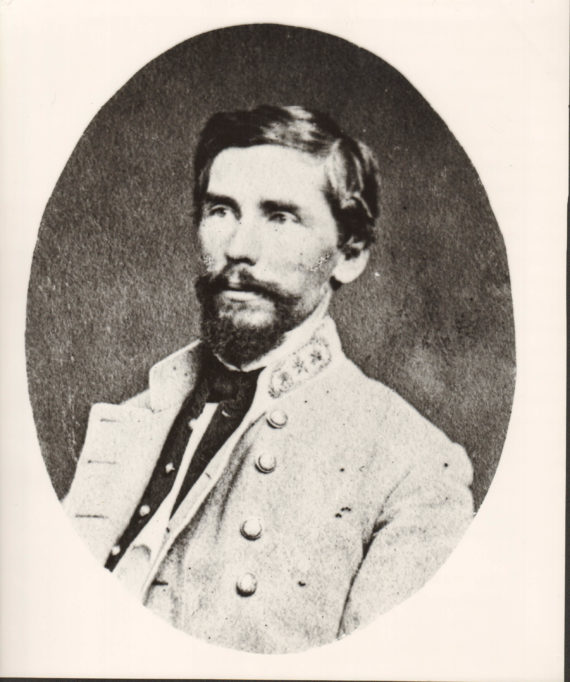
The following is a transcription of a speech given at the inaugural Education Conference of the Alabama Division of the Sons of Confederate Veterans:
‘The best men of the South have long desired to do away with the institution and were quite willing to see it abolished.’ – Robert E. Lee
‘Most informed men realized that slavery was not an institution which would last forever; that soon it would have to be modified, and eventually, relinquished. They knew that the South could not maintain it very long after it ceased to serve a useful economic and social service, and that its utility was nearing an end. They wished, however, to choose the hour and method by which they should decree its gradual extinction. Knowing the complexity of the problem, they did not desire to be whirled into a catastrophic social revolution.’ – Pulitzer-winning historian J. Allan Nevins
The story of Patrick R. Cleburne is well-known among Southerners, but Cleburne was not the first American – nor even the first Confederate – to propose arming and freeing slaves as a means of defense against foreign invasion. In fact, it was no less a figure than George Washington during the War of American Independence. As James Madison suggested, ‘To liberate and make soldiers at once of the blacks’ was ‘more consonant to the principles of liberty which ought never to be lost sight of in a contest for liberty.’
More @ The Abbeville Institute

Please check out latest on https://revisedhistory.wordpress.com about how the English supported the Confederacy. More history you aren't told about.
ReplyDeleteThanks.
DeleteJIC you missed it in 16', https://youtu.be/Dn_UM9ZcOV4
ReplyDeleteThanks and viewing again.
Delete"The story of Patrick R. Cleburne is well-known among Southerners, but Cleburne was not the first American – nor even the first Confederate – to propose arming and freeing slaves as a means of defense against foreign invasion."
ReplyDeleteWhich was in stark contrast to the 1857 U.S. Supreme Court keeping black people as non-citizen slaves lest "they be able to go armed everywhere they went" according to the plain grammatical reading of the 2nd Amendment. --Ron W
Yes and thanks.
Delete